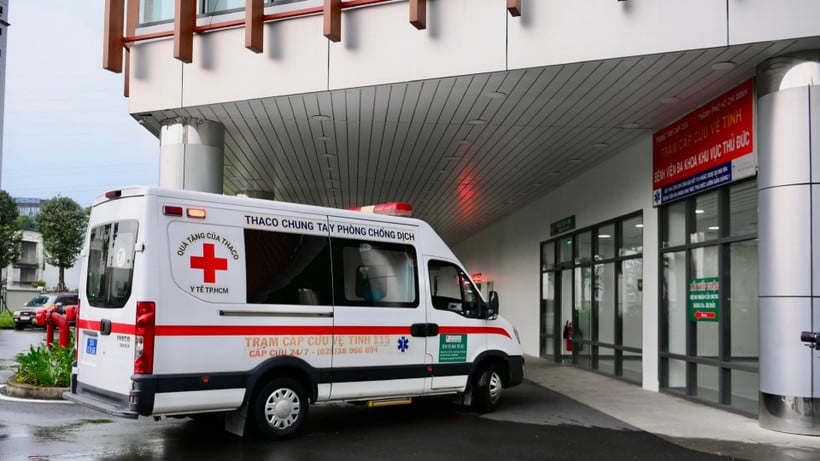
It is noteworthy that in the previous months, Thu Duc Regional General Hospital only received an average of two cases per week, but in the first two weeks of November alone, the number of patients with acute myocardial infarction increased by eight cases, and November 14 became the day with the highest number of cases ever.
Four patients, aged 51 to 78, belonging to different risk groups, were all admitted to the hospital in emergency condition and received timely coronary intervention.
Doctors at the hospital said that the common point is that all the cases appeared at the same time when Ho Chi Minh City was changing seasons, with the temperature range between day and night reaching 8-9 degrees Celsius, accompanied by high humidity and short showers.
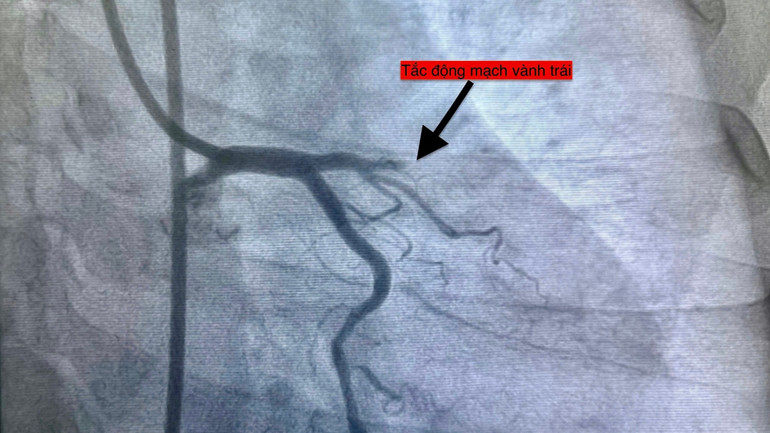
This is a condition that easily causes vascular dysregulation, increases blood pressure, increases blood viscosity and platelet activity, which are key factors that trigger thrombosis in the coronary arteries.
Many international studies have shown that every time the ambient temperature drops by 1 degree Celsius, the risk of myocardial infarction increases by 1-2 degrees Celsius within 48 hours. At present, Ho Chi Minh City is often chilly in the morning, hot at noon and humid at night, which is a typical scenario that causes fluctuations in blood pressure, activates the sympathetic nervous system and promotes myocardial ischemia in people with underlying coronary artery disease.
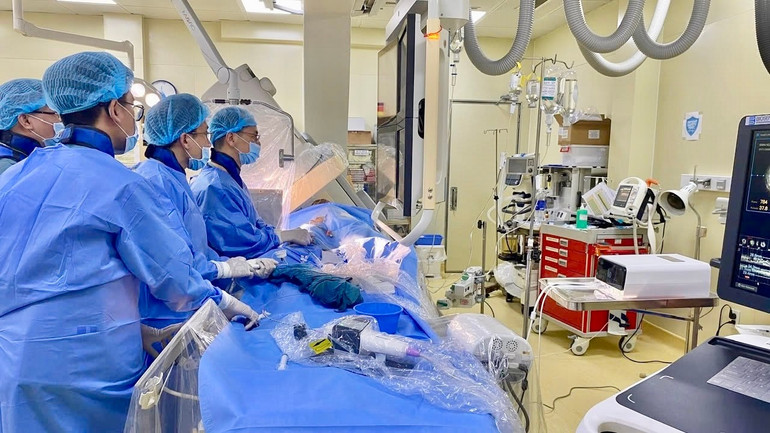
The phenomenon of four consecutive cases in one day is a warning sign, showing that the pressure is increasing on the health system in the context of unusual weather. Through timely intervention to save the lives of patients, Thu Duc General Hospital has shown its emergency capacity here.
Doctors recommend that to minimize risks, people with underlying cardiovascular disease need to proactively stay hydrated, avoid sudden temperature changes, adhere to medication, closely monitor blood pressure and limit exertion when the weather changes.
Dr. Tran Nhan Nghia, Department of Interventional Cardiology, Thu Duc Regional General Hospital, said: "A small change in the weather, if ignored, can become a trigger for a serious cardiovascular event. Proactive prevention and early emergency care are the key to protecting the heart."
People need to recognize early danger signs such as chest pain, shortness of breath, sweating, nausea, etc. and go immediately to a facility with 24/7 coronary intervention when in doubt.
Source: https://nhandan.vn/canh-bao-gia-tang-dot-ngot-ca-nhoi-mau-co-tim-do-bien-dong-thoi-weather-post923473.html


![[Photo] Prime Minister Pham Minh Chinh meets with representatives of outstanding teachers](https://vphoto.vietnam.vn/thumb/1200x675/vietnam/resource/IMAGE/2025/11/15/1763215934276_dsc-0578-jpg.webp)

![[Photo] General Secretary To Lam receives Vice President of Luxshare-ICT Group (China)](https://vphoto.vietnam.vn/thumb/1200x675/vietnam/resource/IMAGE/2025/11/15/1763211137119_a1-bnd-7809-8939-jpg.webp)



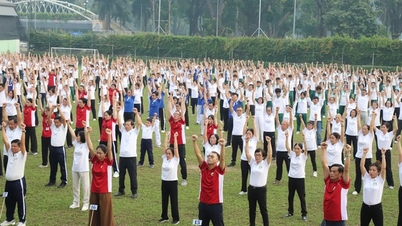

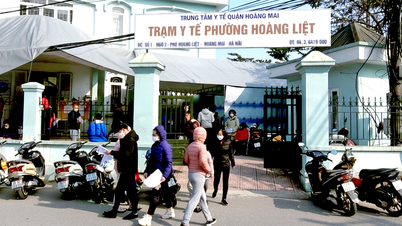

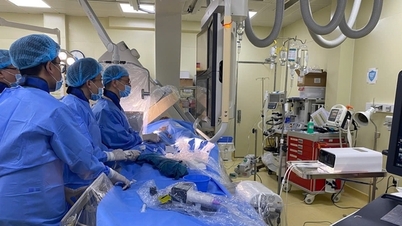














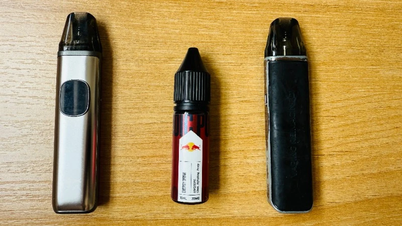













































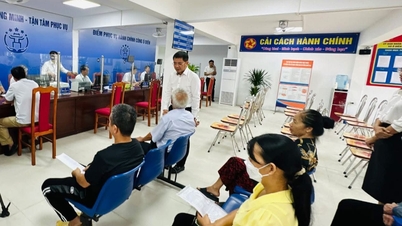




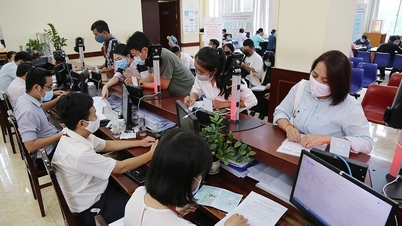


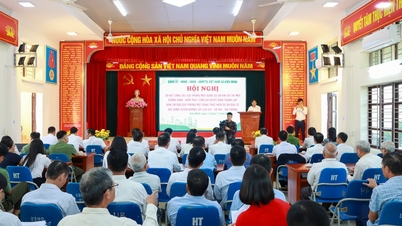

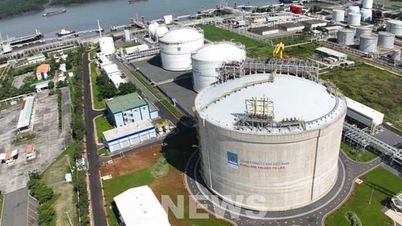
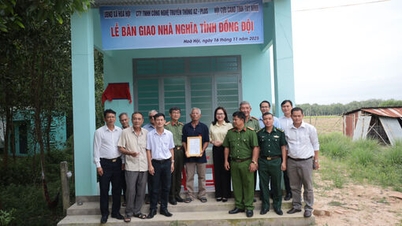

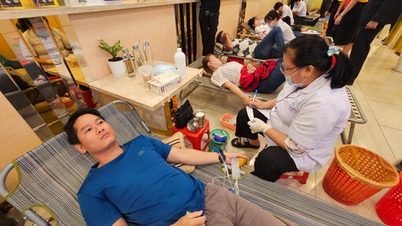













Comment (0)